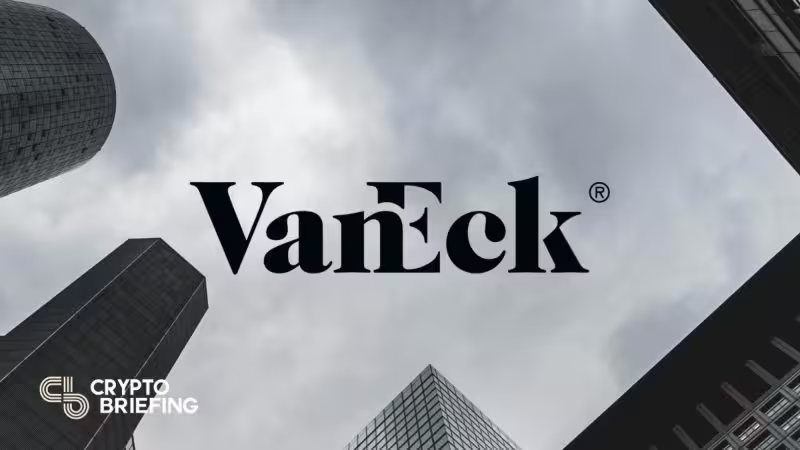Key Takeaways
VanEck’s Solana ETN in Europe now features automated staking, simplifying reward accrual for investors.
The non-custodial staking approach ensures investor security by keeping delegated SOL in cold storage.
Share this article
VanEck has updated its Solana ETN in Europe to include an automated staking feature, streamlining the way investors accrue and receive staking rewards.
Investors are automatically enrolled in the VanEck Solana ETN staking program upon purchase, with rewards calculated and distributed daily, net of a 25% staking fee.
Reflecting on the structure of the staking mechanism, Matthew Sigel, Head of Digital Research at VanEck, explained the rationale behind their non-custodial approach:
“We utilize the Physical SOL held by the ETN for staking by instructing the custodian to delegate SOL to a validator. The validator node is managed by a staking provider, and the control of the delegated SOL remains with the custodian in cold storage.”
This approach ensures that although staking activities are externally managed, control of the staked Solana tokens stays with the custodian, reducing third-party risks and enhancing capital security for investors.
Responding to inquiries about the liquidity management involved with the new staking features, Sigel elaborated on VanEck’s approach:
“We use an in-house dynamic risk model to ensure we can meet daily redemptions. Because of SOL’s shorter epochs, it’s actually easier to do this for SOL than our ETH ETP”.
The system VanEck employs allows for the daily accrual and reinvestment of rewards, which are reflected in the ETN’s Net Asset Value (NAV) at the end of each day. This process is designed to be transparent and predictable, providing clarity and stability to investors’ returns.
In addition to its European offerings, VanEck is actively pursuing further integration into the crypto market, demonstrated by its recent application to launch the first Solana ETF in the US.
Share this article
Source
























